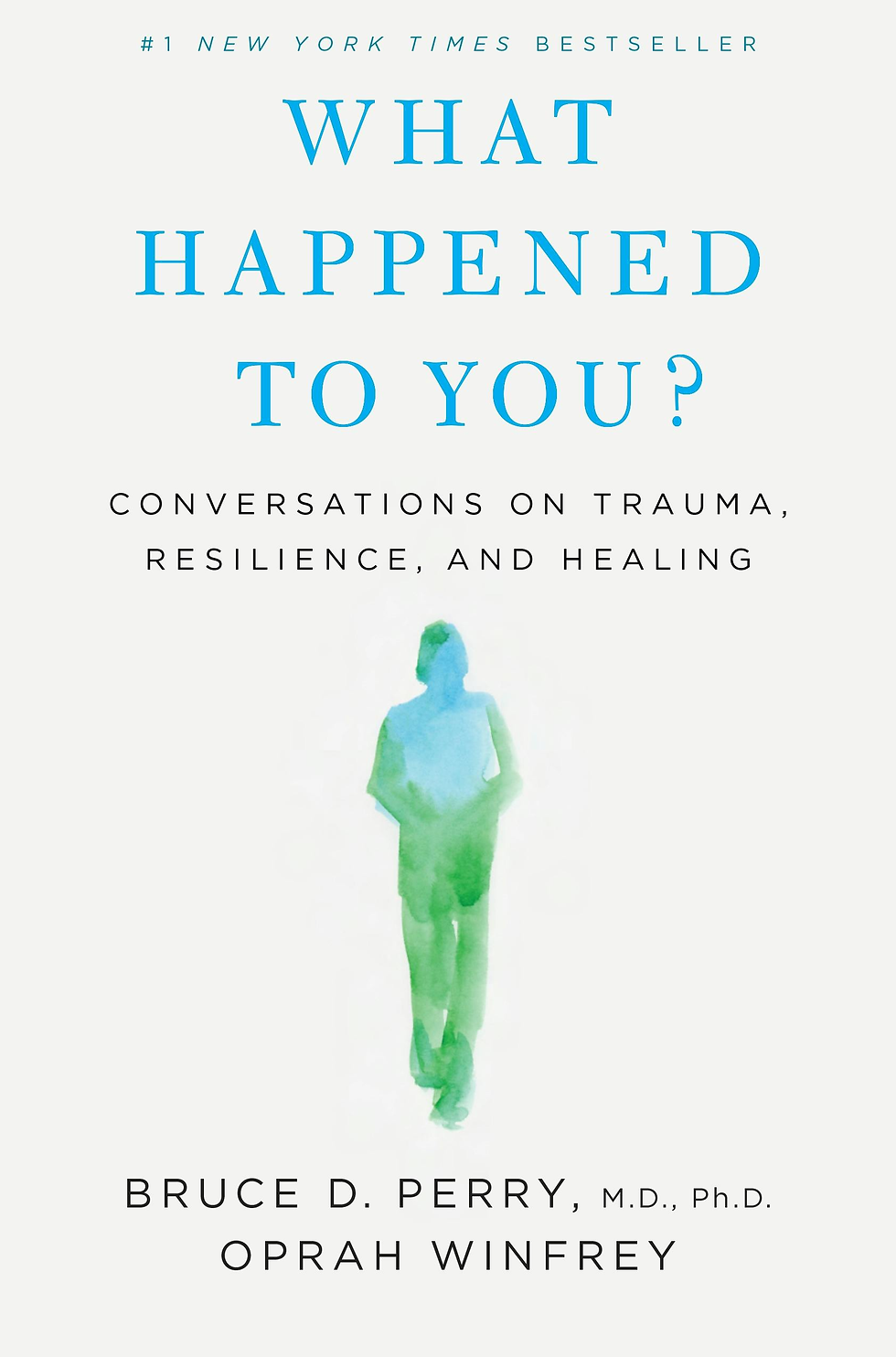We are living in unprecedented times. I wish that I could say something more comforting. I wish I could make a softer statement to instead put us all at ease, but the fact of the matter is that this presidency will lead to grievous harm for many. This includes not only people like me—who are Transgender and Nonbinary, and already under particular scrutiny by this presidency—but the other letters of the LGBTQIA2S+ spectrum. Everyone within this community has potential to lose something; that may be a marriage, a loved one, access to empowering, gender-affirming care, or simply a feeling of safety. For every one of you facing these dangers, I see you. I am with you. I hear you, I feel you and we are in this together. For my People of the Global Majority, I hear you. I am with you, I feel you and we are in this together.
This is the start of a marathon, not a sprint. It’s impossible to know what the future holds, and it’s hard to foster safety for ourselves and our loved ones as more legislation happens by the day. To persevere, it's essential to strengthen ourselves and seek out community. Whether this is through therapy, friends, church, or whatever calls to you, remembering we are not alone in dangerous times does a lot to calm down our nervous systems.
Another unfortunate fact is that access to therapy is expensive and often inaccessible. The goal of making a blog for Rooted Heart was to accrue useful resources and knowledge for anyone, client or not, to take with them into a difficult world. With that in mind, I have listed a few books below that cover a lot of what we teach in therapy, and help review lessons learned in the therapy room. I have vetted each of these books personally, and believe that any one of them is a great jumping-off point for beginning your mental health journey. Book recommendations that focus more on Neurodivergence and LGBTQIA2S+ experiences in particular will be included in another post.
I also want to take a moment to recognize my bias. Many of these books also relate to the black experience or black mental health in particular. I have tried to include a range to serve a variety of folks, but I recognize that my own experiences will not be universal.
For now, stay strong and take care. We will get through this together.

If you found this post useful, consider subscribing to the mailing list. Every month (to the best of my ability) I will be writing a new post of resources and mental health tools!









Comments